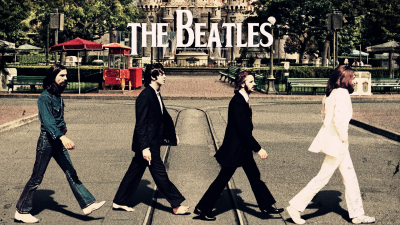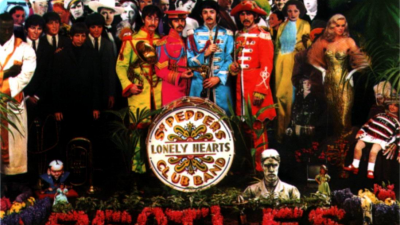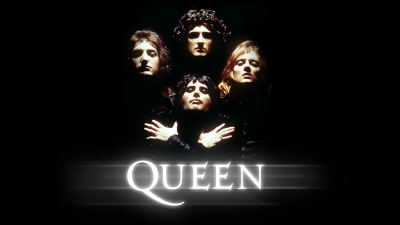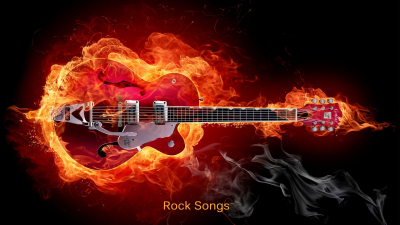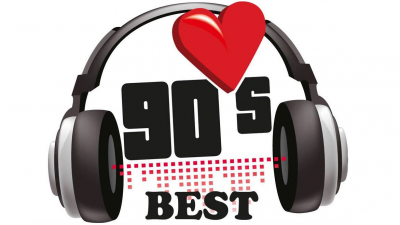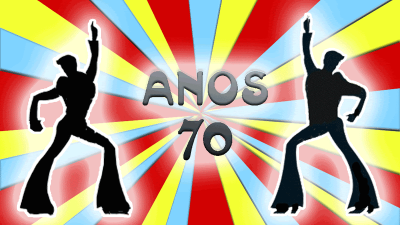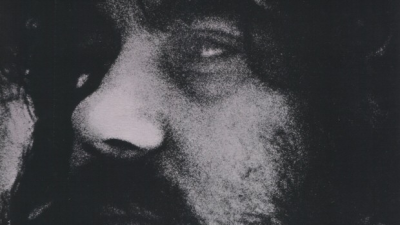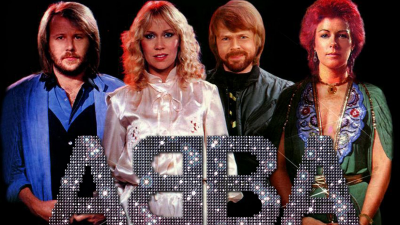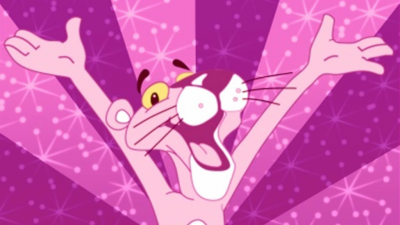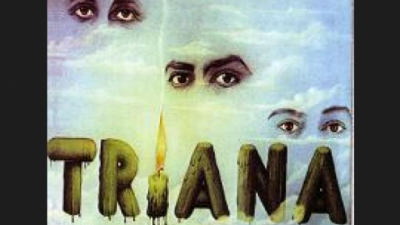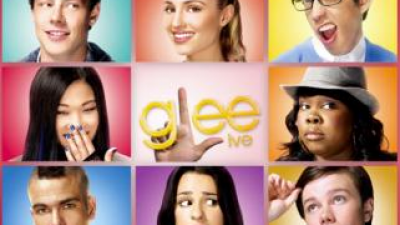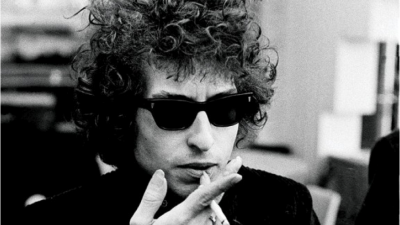The 10 best songs of the Beatles
|
MUSIC
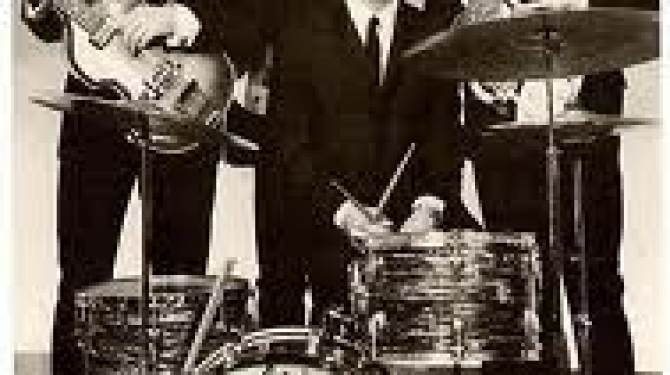
Source: listas.20minutos.es
Hello from my alternate account. Vote your favorite song of The Beatles (10+ celebrities) The Beatles was an active English rock band during the 1960s, and recognized as the most commercially and critically acclaimed most successful in the history of popular music.1 2 3 4 5 6 Formed in Liverpool, it was constituted since 1962 by John Lennon (rhythm guitar, vocalist), Paul McCartney (bass, vocalist), George Harrison (solo guitar, vocalist) and Ringo Starr (drums, vocalist). Rooted in the skiffle and rock and roll of the fifties, the band later worked with different musical genres, ranging from pop ballads to psychedelic rock, often incorporating classic elements, among others, innovatively in their songs . The nature of his enormous popularity, which had emerged primarily with the "Beatlemania" fashion, was transformed as his compositions became more sophisticated. They came to be perceived as the embodiment of progressive ideals, extending their influence on the social and cultural revolutions of the 1960s. With an initial five-component formation that included Lennon, McCartney, Harrison, Stuart Sutcliffe (bass) and Pete Best (drums), the band built their reputation in the Liverpool and Hamburg clubs over a period of three years from 1960. Sutcliffe left the formation in 1961, and Best was replaced by Starr the following year. Established as a professional group after Brian Epstein offered to be their representative, and with their musical potential enhanced by the creativity of producer George Martin, they achieved commercial success in the United Kingdom in late 1962 with their first single, "Love Me Do" . From there, they gained international popularity throughout the following years, in which they made an extensive number of tours until 1966, the year in which they ceased live activity to devote themselves solely to recording in the studio until its dissolution in 1970. Afterwards, all its members embarked on successful independent careers. Lennon would be killed outside his New York home in 1980, and Harrison would die of cancer in 2001. McCartney and Starr are still active.
TOP 10:
Lucy in the sky with diamonds
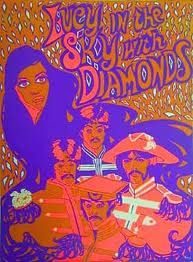
"Lucy in the Sky with Diamonds" (in Spanish: 'Lucy in the sky with diamonds') is a song written by John Lennon (although credited to Lennon / McCartney) and recorded by The Beatles for his 1967 album, Sgt. Pepper's Lonely Hearts Club Band. The song has a complex arrangement, typical of the latest Lennon / McCartney compositions. Most of the song is in 3/4 time, except the chorus, where it changes to 4/4. It is said that it was the first rock song written in two different measures. [appointment required]. It consists of a very simple melody (recalling a children's song) sung by Lennon about an increasingly complicated instrumental arrangement that contains a sitar, played by George Harrison and a Hammond organ, whose sound was altered by Lennon and producer George Martin. The lyrics of the song include verses loaded with images that reflect a psychedelic journey describing a boat trip through a fantastic country of "cellophane flowers", "newspaper taxis" and "newspaper taxis" and " Marshmallow pies "(marshmallow feet); alternating with the chorus that simply repeats the song title. McCartney said that "The song, as you can imagine, is about a hallucination" "[1]. The Beatles, however, have consistently maintained that the fact that the initials of the title form the word LSD, (Lucy in the Sky with Diamonds) is pure coincidence, since the title was taken from a drawing of John's son, Julian Lennon.
TOP 9:
Come together
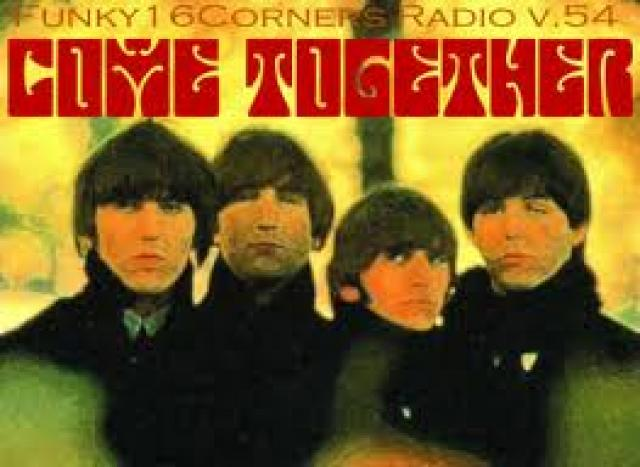
"Come Together" is a song by The Beatles written primarily by John Lennon and credited to Lennon / McCartney. The song is the first on the September 1969 album, Abbey Road, by the Beatles. A month later he also appeared as one of the sides of the group's twenty-first single (it was a single with two faces A, the other being "Something" by George Harrison) in the United Kingdom, and his number twenty-six in the United States. The song reached number 1 on the charts in the US, while it became a Top 10 hit in the United Kingdom.
TOP 8:
Love me do
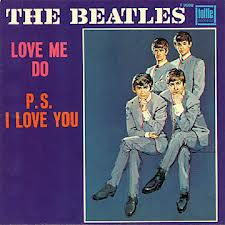
«Love Me Do» is an early song by John Lennon and Paul McCartney, mainly composed by McCartney between 1958 and 1959. The song was released as a single in the United Kingdom, in its first version, on October 5, 1962, with « PS I Love You »occupying the B side of the disc. It reached No. 17 on one of the British lists, being relaunched, already in its second version, in 1982, reaching this time No. 4. In the United States, which from the beginning had been published in its second version , the single was # 1 in 1964.
TOP 7:
Yellow Submarine
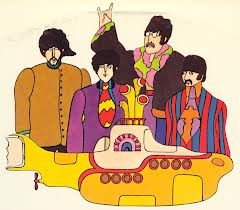
"Yellow Submarine" is a song by The Beatles recorded between May 26 and June 1, 1966, at studios 2 and 3 of EMI Studios. It is said that Paul wrote this song one night while he was lying in his bed at that stage of sleep when a person is between asleep and awake, and the idea of the yellow submarine simply came to mind. Among the "special effects" of this song we can hear Paul and John blowing bubbles in a bucket of water, Alf Bicknell shaking a chain in a tub and Brian Jones (of The Rolling Stones) making glass glasses collide.
TOP 6:
All you need is love
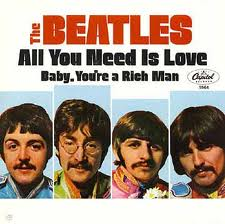
"All You Need is Love" (in Spanish: All you need is love) is a song composed by John Lennon, and credited to Lennon / McCartney. It was performed live for the first time by The Beatles in Our World, the first global satellite television broadcast received in 26 countries and watched by more than 400 million people on June 25, 1967. The BBC had commissioned The Beatles to write a song that represents the United Kingdom in this program. It is one of the group's most famous songs [1].
TOP 5:
Help!
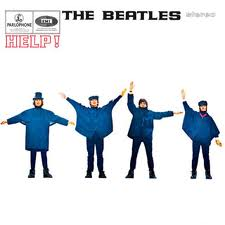
"Help!" it is a song of the Beatles that is included in the homonymous album. It was also the main song of the movie Help !, and a single. The song is composed by John Lennon, but is credited to Lennon / McCartney.
TOP 4:
Yesterday
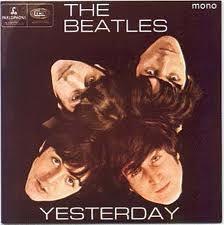
"Yesterday" (in Spanish: "Yesterday") is a song by the British rock band The Beatles, recorded in 1965 for the album Help !. Although authorship is normally attributed to John Lennon and Paul McCartney, McCartney composed the song independently. According to the Guinness Book of Records, "Yesterday" is the song with the most radio transmissions worldwide, with more than six million broadcasts in the United States.2 "Yesterday" is also the most versioned song in the history of popular music with about 1,600 different interpretations.2 Broadcast Music Incorporated (BMI) states that in the twentieth century, the song was performed about 7 million times.3 "Yesterday" is a melancholic ballad lasting two minutes and three seconds This was the first official composition of The Beatles where a single member of the band recorded a song for himself: Paul McCartney, who was accompanied only by a string quartet. The composition differs markedly from the previous works of the group, so the rest of the band members did not accept that this song was published as a single in the UK.4 In 2002, McCartney asked Yoko Ono if he could invest the credits of the composition, in such a way that "McCartney / Lennon" was read. Ono refused
TOP 3:
Hey jude
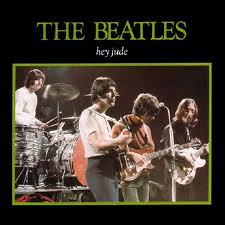
"Hey Jude" is a song by the British rock band The Beatles released in August 1968 as the first single from the band's record label, Apple Records. Accredited to Lennon / McCartney, the theme is a ballad that evolved from "Hey Jules," a song Paul wrote to comfort Julian, the son of John Lennon, after the divorce of his parents. The song starts with a verse-bridge structure based on the vocal performance and accompaniment to McCartney's piano, to which, as the song progresses, complementary details that distinguish its different sections are added. After the fourth stanza, it changes to an end or coda that develops for more than four minutes, until it goes off gradually. With more than seven minutes in length, it was in its time the longest song in history to occupy the Top 10 of the British singles charts.5 He also spent nine weeks as # 1 in the United States - the longest time The Beatles song has remained at the top of the US charts. The single has sold approximately eight million copies and is often included in the lists of the best songs of all time
TOP 2:
Here you eat the sun
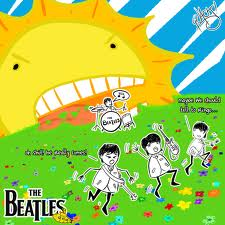
"Here Comes the Sun" ('Here comes the sun') is a song by The Beatles written by George Harrison for the 1969 Abbey Road album. This song, along with "Something", is one of the best known of those made by Harrison within the Beatles. He had his genesis within his close friendship with Eric Clapton, since the riff and the bridge of this song is similar to that of a collaboration that Harrison made for the Cream group called "Badge". 1969 was not an easy year for Harrison: he was arrested for possession of marijuana, his tonsils were removed, and he left the band for a while. The song was written while Harrison was away from all those problems. George Harrison is the lead vocal, he plays the acoustic guitar and the modular Moog. Paul McCartney helps with vocal harmonies and bass. Ringo Starr collaborates with his battery. The only absent beatle is John Lennon as he was recovering from a recent car accident (he is also absent in "Long, Long, Long", another Harrison song). Unknown musicians handle violas, cellos, double bass, flutes, flutes, high flutes and clarinets.
TOP 1:
Let it be
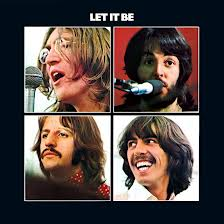
"Let It Be" is a song of the group The Beatles and the most representative, along with "Get Back" and "The Long and Winding Road", of the album of the same title. It was composed by Paul McCartney (although the credits are signed as Lennon / McCartney) and released as a single in March 1970. The single reached number one in the United States and number two in the United Kingdom. It was also number one in the lists of countries such as Australia, Norway and Switzerland. "Let It Be" is ranked # 179 in "The 1000 Best Songs Ever" by Q Music Magazine, as well as # 20 of the "500 Greatest Songs of All Time" by Rolling Magazine Stone.

